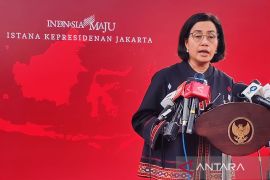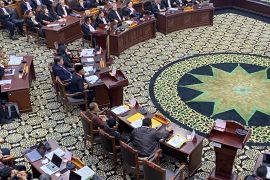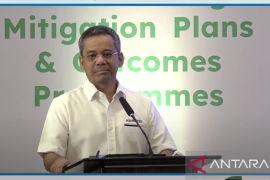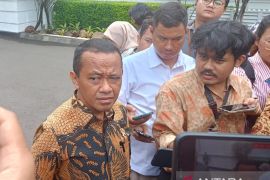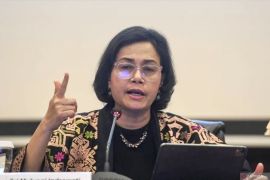According to the Head of Climate Change and Multilateral Funds, Parjiono, the budget would be distributed to six agencies, including the Ministry of Environment and Forestry, Ministry of Agriculture, Ministry of Energy and Natural Resources, Ministry of Industry, and Ministry of Public Housing.
"The climate change budget was part of the governments commitment to lower the greenhouse gas emission," he noted, during a discussion held in University of Indonesia, in Depok city, West Java province, on Wednesday.
Apart from the state budget, the Finance Ministry has also set several fiscal incentives, mainly in terms of developing the renewable energy sector.
He explained that the government would provide a tax holiday, as well as the governments "feed in tariff" scheme for the "green" business sector. The special scheme would allow people to develop their own renewable energy and get paid by the government.
Following the global efforts to curb the greenhouse gas, the local government would receive the budget through some schemes, such as the special allocation funds (DAK), the revenue sharing funds (DBH), as well as the de-concentration funds (Dekon-TP).
"Although the allocation has been set, most local governments have not yet established any programs on climate change," he remarked.
Meanwhile, a researcher of Tax Center University of Indonesia, Titi Muswati Putranti remarked that in order to curb the emission, the government needs to improve tax incentives.
"The authority should set a new breakthrough in our mission to decrease the emission," she reiterated, while adding that a special tax incentive to "green" companies has been set.
The incentives, according to her, could be granted to some researches that aim to create some new innovation in the green sector.
During the discussion, the Environment Ministrys Resources Distribution Director, Achmad Gunawan Witjaksono explained that in accordance with the Nationally Determined Contribution (NDC), Indonesia has committed to lower its emission by 29 percent in 2030.
"The NDC program would be funded not only by the state budget but also by the private sector," he remarked.(*)
Editor: Heru Purwanto
Copyright © ANTARA 2017

